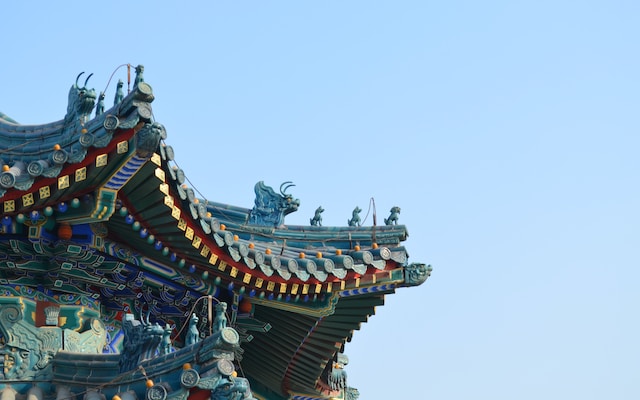
Several Provisions of the Supreme People’s Court on Issues Concerning the Application of Law in the Trial of Cases Involving Disputes over Infringement upon the Right to New Plant Varieties (II) (最高人民法院关于审理侵害植物新品种权纠纷案件具体应用法律问题的若干规定(二)) were promulgated on 5 July 2021, and entered into force on 7 July 2021.
There are 25 articles in total. The Provisions aim to correctly hear cases involving the infringement upon the right to new plant varieties.
The key points are as follows:
-
Where the owner or an interested person of the right to new plant varieties presents evidence to prove that the propagation material of an accused infringing variety has the same name as that of an authorized variety, the people’s court may presume that the propagation material of this accused infringing variety belongs to that of the authorized variety. Where there is evidence to prove that it does not belong to the propagation material of the authorized variety, the people’s court may hold that the accused infringer has committed the act of counterfeiting a variety and determine civil liability with reference to relevant provisions on counterfeiting registered trademarks.
-
Where the accused infringer claims that the following acts of production and propagation of an authorized variety constitute scientific research activities, the people’s court shall uphold such claim: (1) cultivating new varieties by using authorized varieties; and (2) reusing the propagation materials of authorized varieties, after cultivating new varieties by using authorized varieties, for the purpose of application for the right to new plant varieties, variety examination and approval, and variety registration.
-
Where the specialized issues in a case involving the infringement upon the right to new plant varieties need to be identified, the parties concerned shall choose an expert witness through negotiations from the list of expert witnesses in the relevant fields or the expert witnesses recommended to the people’s court by the competent agriculture and forestry authorities under the State Council (the Ministry of Agriculture and Rural Affairs, and National Forestry and Grassland Administration). If the negotiations fail, the people’s court shall appoint an expert witness from the aforesaid expert witnesses.
Cover Photo by Bangyu Wang (https://unsplash.com/@bangyuwang) on Unsplash
Contributors: CJO Staff Contributors Team









